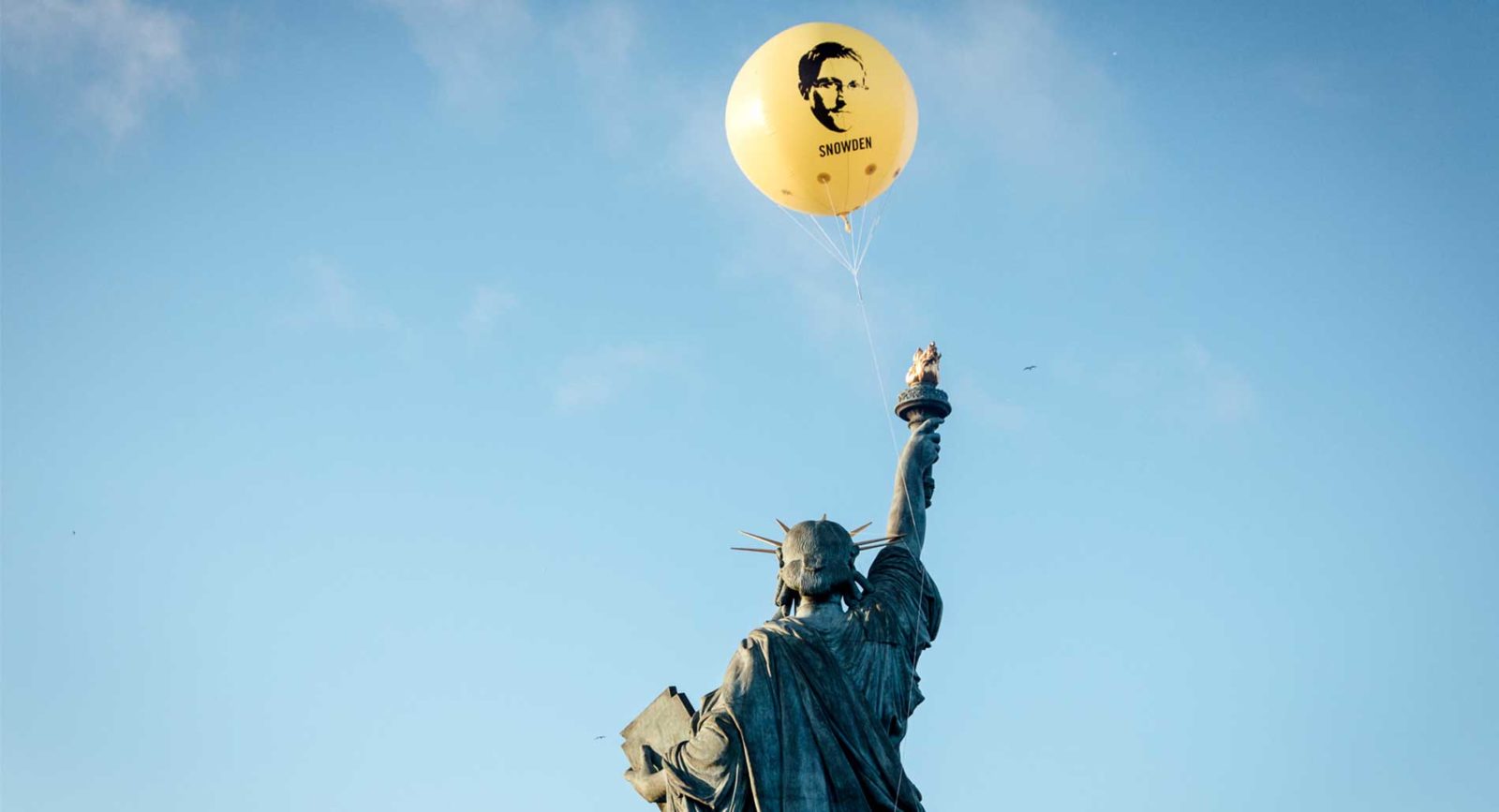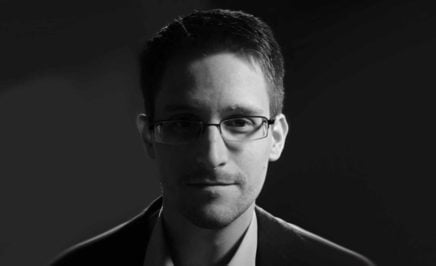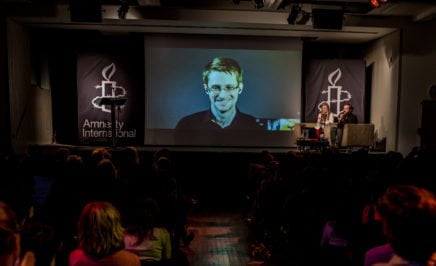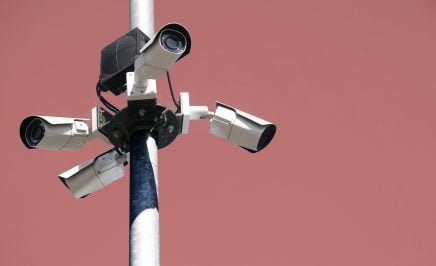Thanks to the documents Snowden released, the world is now a different place. Here’s how…
In June 2013, whistleblower Edward Snowden revealed the first shocking evidence of global mass surveillance programs. We’ve since learned that the USA’s National Security Agency (NSA) and the UK’s Government Communications Headquarters (GCHQ) have been monitoring the internet and phone activity of hundreds of millions of people across the world.
1 We know A LOT more about what governments are doing
For example, we know that companies including Facebook, Google and Microsoft were forced to hand over customer data under secret orders from the NSA. And that the NSA recorded, stored and analysed ‘metadata’ relating to every single telephone call and text message transmitted in Mexico, Kenya and the Philippines.
The world's top human rights groups just delivered over one million signatures to Obama. For once, I have no words. https://t.co/djIALHgYea pic.twitter.com/g23bp9g066
— Edward Snowden (@Snowden) January 13, 2017
2 There has been huge public opposition to government mass surveillance
In our poll of 13 countries across every continent, we found that 71 per cent of people are strongly opposed to their governments spying on the internet and phone activity. More than 450 organisations and experts across the world have signed up to ‘necessary and proportionate’ principles on how to apply human rights to communications surveillance. And more than 80,000 people signed Amnesty’s global petition to ban mass surveillance.
3 Judges have ruled aspects of these programs to be illegal
In the UK, the legal body that oversees the secret services declared aspects of the sharing of intercepted communications between the USA and the UK to have been unlawful before December 2014. And in the USA, a court of appeal ruled in May 2015 that the bulk collection of US phone records was illegal.
4 Technology companies and software engineers are building privacy into software
Several major companies including Apple, Google and Whatsapp have improved the default security and encryption provided to users. Greater consumer pressure has pushed the industry to strengthen its approach to protecting users’ privacy.
“The hard truth is that the use of mass surveillance technology effectively does away with the right to privacy of communications on the internet altogether” UN expert on counter-terrorism and human rights
5 Global experts are speaking out against the status quo
A number of international bodies have warned that mass surveillance poses a threat to our human rights. The UN expert on counter-terrorism and human rights said: “The hard truth is that the use of mass surveillance technology effectively does away with the right to privacy of communications on the internet altogether.” What’s more, after overlooking privacy issues for decades, the UN created a new privacy watchdog, or ‘Special Rapporteur’. This expert will focus on privacy issues both online and offline, including surveillance.
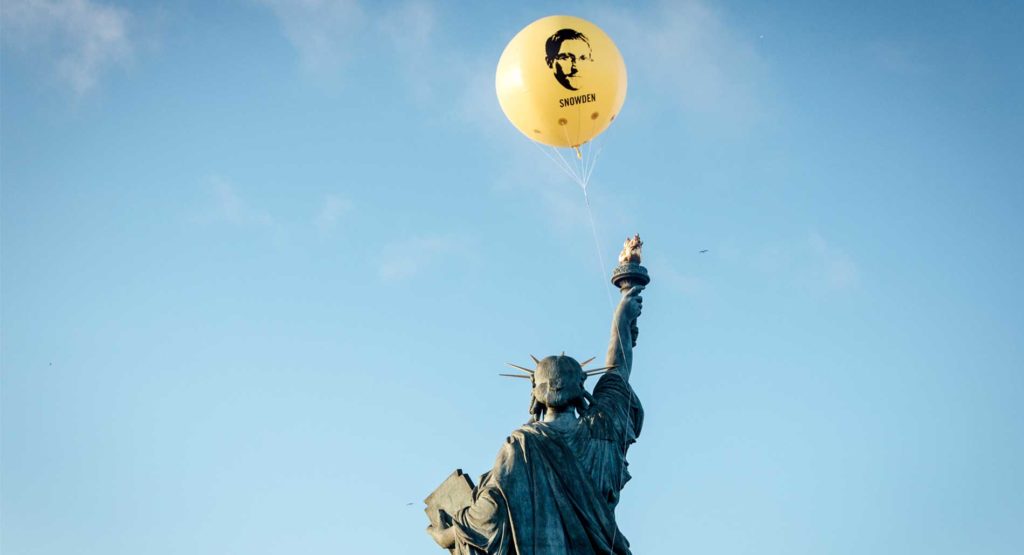
6 Companies are standing up to governments
For example, ten of the world’s largest tech companies, including Apple, Facebook, Google, Microsoft, Twitter and Yahoo, have launched a campaign calling for an end to the bulk collection of personal data.
7 There is increased scrutiny of the laws underpinning mass surveillance
In the UK, a government committee has called for an overhaul of the laws governing intelligence agencies, so that the whole process would be more transparent. Over in the USA, the government has passed the USA Freedom Act, which attempts to end government bulk collection of US phone records.
Thank you to the 1 million+ people (precisely 1,101,252) from 110 countries who supported the campaign to pardon Snowden. In response, Snowden took to Twitter to say: “The world’s top human rights groups just delivered over one million signatures to Obama. For once, I have no words.”
